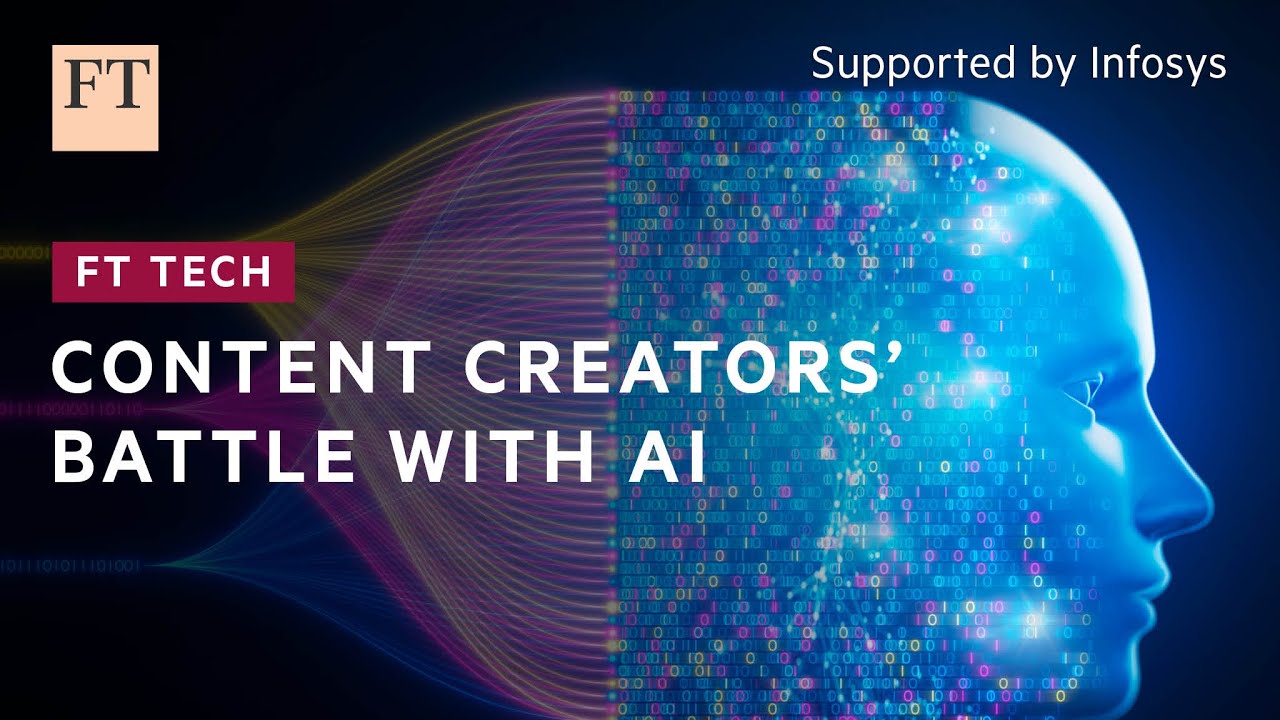The video highlights the conflict between content creators and tech companies that use their work to train AI models without permission, leading to lawsuits from major entities like Getty Images and Universal Music. As creators seek to protect their intellectual property, new tools and legislative efforts, such as the Copied Act, are emerging to address these challenges, while the resolution may ultimately depend on court interpretations of copyright law.
The video discusses the ongoing conflict between content creators and tech companies that utilize their material to train artificial intelligence (AI) models without permission. Over the past year, several prominent entities, including Getty Images, Universal Music, and the New York Times, have filed lawsuits against AI companies, claiming that their work is being exploited in a way that threatens their livelihoods. Investigations have revealed that major tech firms like Apple and Nvidia have used content from thousands of YouTube channels and over 180,000 books without authorization for AI training purposes.
The tech companies defend their practices by arguing that using this content does not violate copyright laws, as they believe the material is transformed and repurposed in a way that is fundamentally different from its original use. Supporters of AI development contend that individuals seeking inspiration from creative works do not require permission, suggesting that AI should be treated similarly. They also argue that the contribution of any single creator to the vast outputs of AI models is negligible.
In response to these challenges, some content creators are adopting a more conciliatory stance, while others are actively resisting the use of their work. Researchers at the University of Chicago have developed tools named Glaze and Nightshade, which can alter digital content to disrupt AI training and scraping processes. This represents a proactive approach to protect their intellectual property from being harvested by AI systems.
Additionally, legislative efforts are underway to address these concerns. A new bill in the U.S. Senate, known as the Copied Act, aims to establish transparency guidelines for identifying and authenticating AI-generated content. This legislation seeks to safeguard content creators from what it describes as AI-driven theft, highlighting the need for clearer regulations in the rapidly evolving digital landscape.
Ultimately, the resolution of this conflict may hinge on how judges interpret copyright law in relation to AI scraping practices. If courts determine that such activities are primarily educational and fall under fair use, content creators may have to accept the current situation, which many perceive as an unfair exploitation of their work. The outcome of these legal battles will significantly impact the future relationship between content creators and AI technology.
